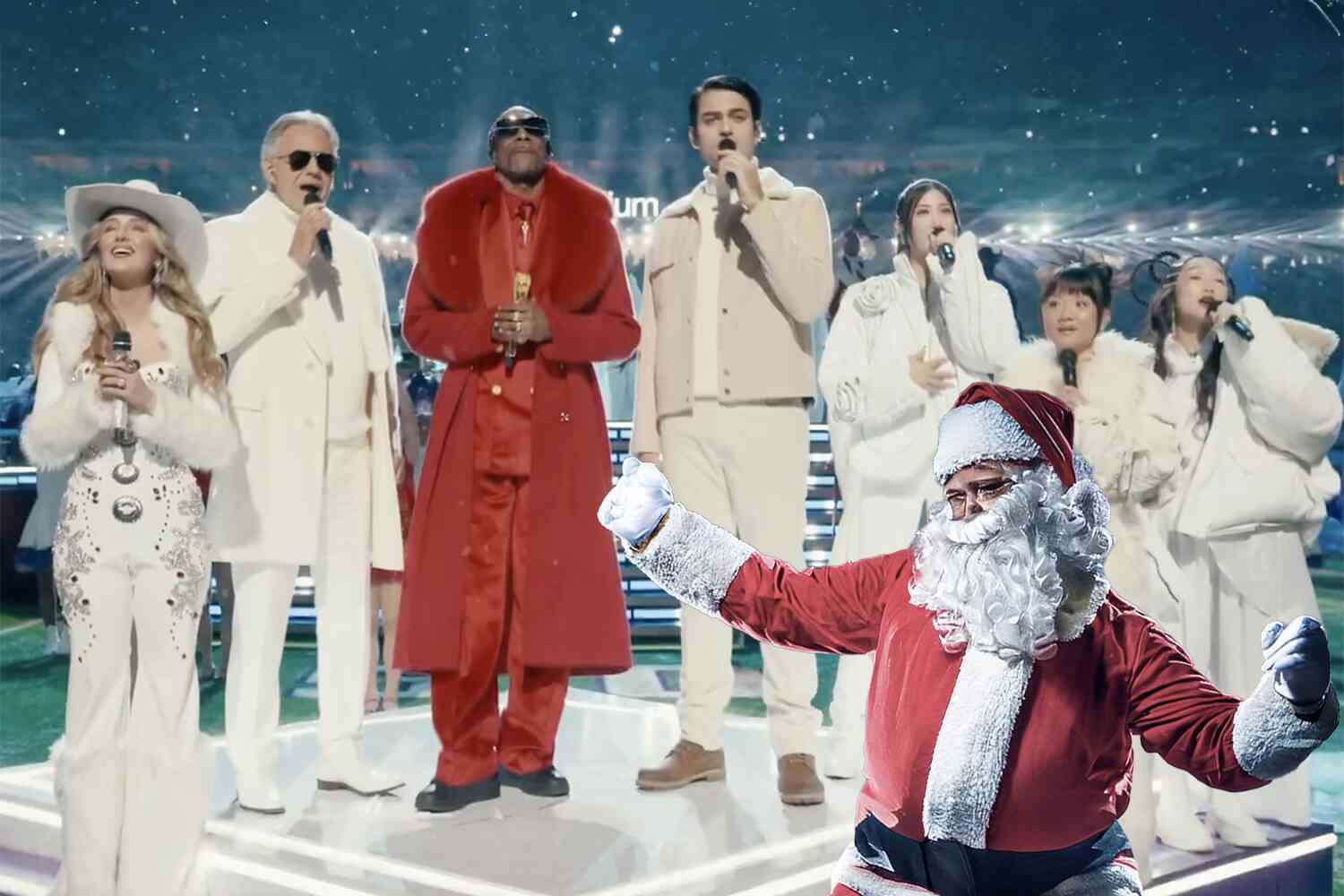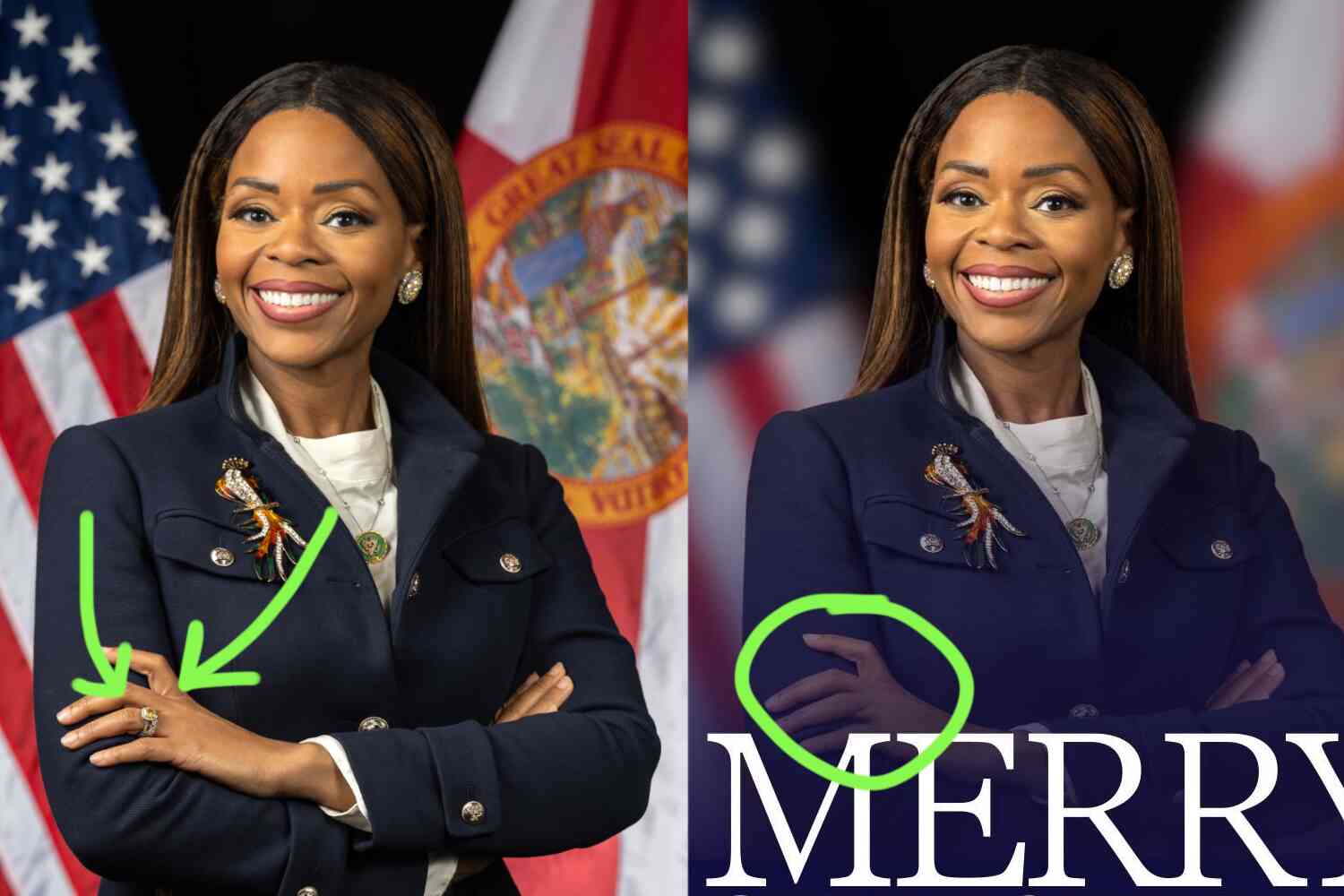Traci Parker, an associate professor of Afro-American studies at the University of Massachusetts Amherst writing for The Washington Post, decries the economic system that has provided the widespread riches that are a predicate to a society being able to afford something as comparatively frivolous (vs. food, clothing, shelter, etc.) as an associate professor of Afro-American studies at the University of Massachusetts Amherst.
Black Friday remains the ultimate embodiment and celebration of American capitalism. But underneath all the red and green decor, twinkling lights and must-have holiday gifts...
Uh, oh, the old "underneath-all-the-things-that-bring-you-happiness" joy-killer switcheroo!
Ready, because she's about to lay her truth bomb on you!
...lies the potential for leveraging consumer and worker power to undo some of the greatest harms this economic system has caused African Americans and working-class people.
In case you are confused, we are still talking about the economic system that has brought more widespread wealth and prosperity to every class of society than any other competing system in the history of the world and in the process has elevated the fortunes of women and minorities (the purported groups for which Parker is allegedly advocating).
No matter, she's primed to go full-on Grinch on Black Friday.
The day is a celebration of material abundance and a collective ritual for generations... Black Friday, in short, is the epitome of American capitalism.
Before we move on, this is Traci Parker.
Traci Parker is an Associate Professor of Afro-American Studies at the University of Massachusetts, Amherst. She holds a Ph.D. in History from the University of Chicago. Parker is the author of Department Stores and the Black Freedom Movement: Workers, Consumers, and Civil Rights (University of North Carolina Press, 2019). She is currently working on her second book, Beyond Loving: Black Love, Sex, and Marriage in the Twentieth Century. Parker's research has received support from the Woodrow Wilson Foundation, the National Endowment for the Humanities, the Andrew W. Mellon Foundation, among others. She teaches courses on African American women's history, nineteenth and twentieth century U.S. history, race and racism, class, labor, capitalism, and consumer culture.
She got her undergraduate degree from Cornell to boot.
Hers is a life most Americans, including those crowding the stores and web sites today, can only dream of.
What is it about the elite in this country – the ones who have benefited the most from an economic system that routinely creates the wealth necessary for their own successes – that they feel compelled to pillory it every chance they get?
She then gets even Debbie Downerer.
It is no wonder then that the day, and the month that follows, has proved to be an ideal time for civil rights and labor groups to exercise their purchasing power to protest white supremacy and injustice. Americans have long seen spending as a civic duty — by satisfying or withholding their own material needs and desires, they can boost national and group interests.
I swear, "white supremacy" has become a tic with academics. They don't even feel a need to explain themselves; we're all just supposed to believe it as a given.
Here's the real shame of this. She has done an awful lot of work on the role department stores, boycotts, and the like played in the civil rights movement. It looks fascinating, and is likely an under-told and under-appreciated story. I want to know more about that.
But this piece is not about success or triumph, or even understanding the role capitalism, or free markets, play in creating the context within which free people can stage boycotts and force change. It is instead gratuitously anti-capitalist.
It also wreaks of classicism because I guess why not?
Is this the kind of thing you write because you understand these people's hopes and dreams or have any affection for them at all?
The day after Thanksgiving, crowds of eager shoppers wake up before dawn and stand in lines wrapped around stores in pursuit of deeply discounted electronics, toys and clothes.
I have difficulty picturing Parker standing in line at dawn outside a Wal-Mart today so she can provide her family with a little extra Christmas joy.
I don't think joy is really her jam in general.
The below passage, in which she tries to illustrate how protests centered around Black Friday can be effective in bringing change, serves to completely betray her ignorance of economics (which is kind of important if you are going to, you know, discuss economics).
These one-day-a-year strikes are a departure from traditional labor protests that relied on mass strikes to halt production. This new strategy, as labor activist Jess Guh of Counterprotest notes, reduces the "economic burden that individual workers face," increases the odds of consumer support, "creates a continual presence among employees" and "inspires others to join the movement." At Walmart, this approach has secured a raise in base pay, paid leave, changes to the company's pregnancy accommodations and paid days off.
Or, maybe not.
Walmart said Thursday that it is raising the hourly wages for more than 565,000 store workers by at least $1, as the retail industry faces a tight labor market going into the holiday shopping season.
That's how free markets work.
Is Parker a talented history professor? Her students seem to think so.
However, this reflexive instinct she has – which many of the most elite in this country have – to undermine an economic system that has done more for the material well-being of the masses than any other (while simultaneously being incapable of celebrating how the country's freedoms can bring both triumph and progress) is disheartening to say the least.
It makes me question her critical thinking abilities as well.
The targets of Black Friday protests do not even have to be stores themselves. In 2015, for example, a Black Friday protest took place on Chicago's "Magnificent Mile" — the luxurious section of the city where Neiman Marcus, Bloomingdales, Saks Fifth Avenue and Tiffany reside. Activists shouted, "Find a door, shut it down!" to express their anger and frustration about the killing of 17-year-old Laquan McDonald by police officer Jason Van Dyke and other incidents of racial bias and violence in policing.
Police brutality is certainly a real thing and people have every right to protest it peacefully, but what does that have to do with shutting down luxury stores? How does this even remotely compare to the bravery of early civil rights protests that were both relevant and focused that she herself recites?
Other holiday shopping boycotts had even greater success because they forced retailers to recognize the economic damage that could result. In the 1960s, the Student Nonviolent Coordinating Committee, the NAACP and Black Power groups organized campaigns that achieved the desegregation of lunch counters and restaurants, workplaces and restrooms.
We've gone from that, to protesting the criminal justice system by preventing people from shopping at Bloomingdales?
What?
Regardless, please enjoy your shopping today and ignore the elites, as it is the people with the most material abundance who are the ones who can most afford to look down their noses at those of us who want a small piece of that material abundance for ourselves.
As she writes at one point in her piece:
Consumption, therefore, is more than a frivolous act; it is political.
Consumption is more than a frivolous act?
Yeah, for a lot of us it is, and it ain't political either.









